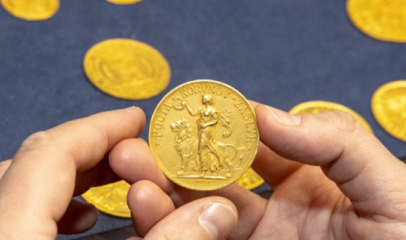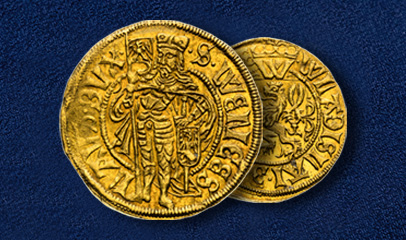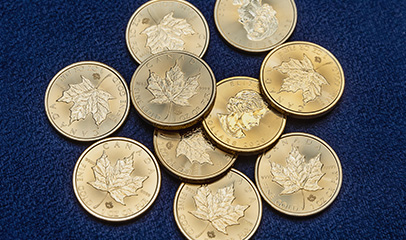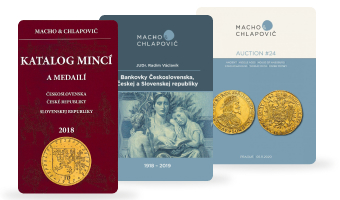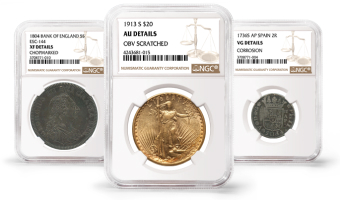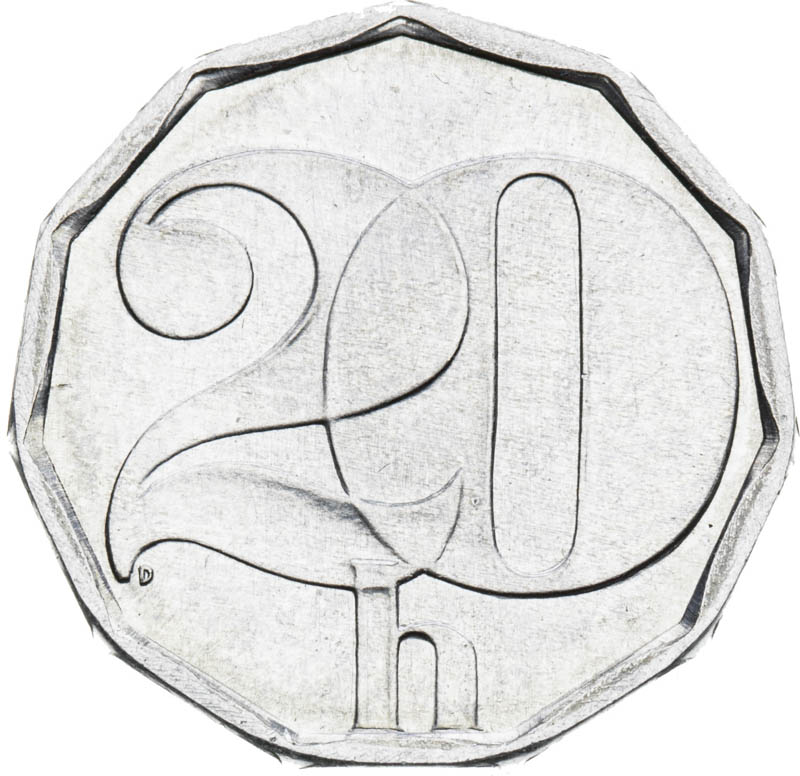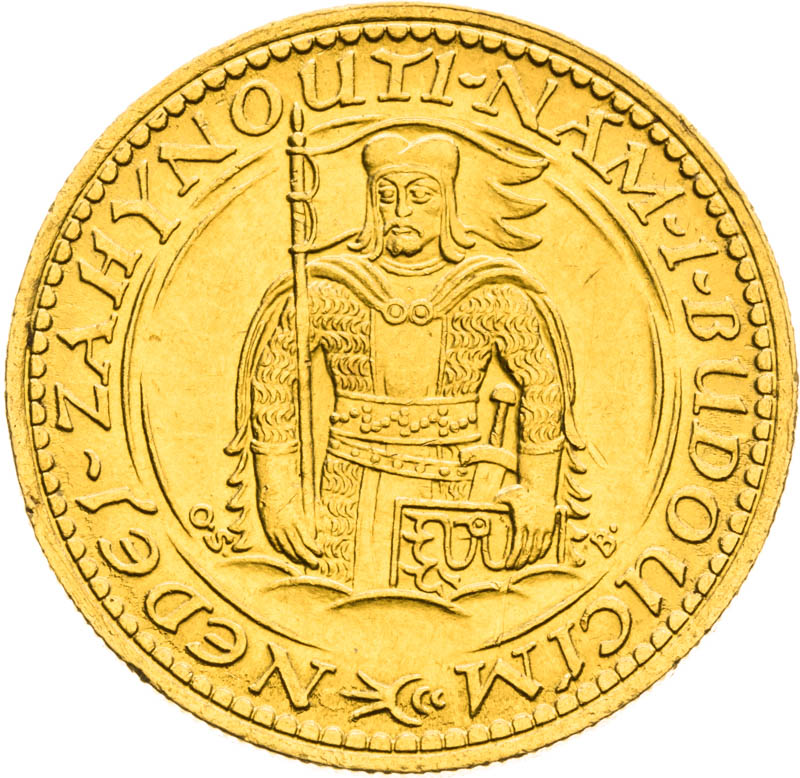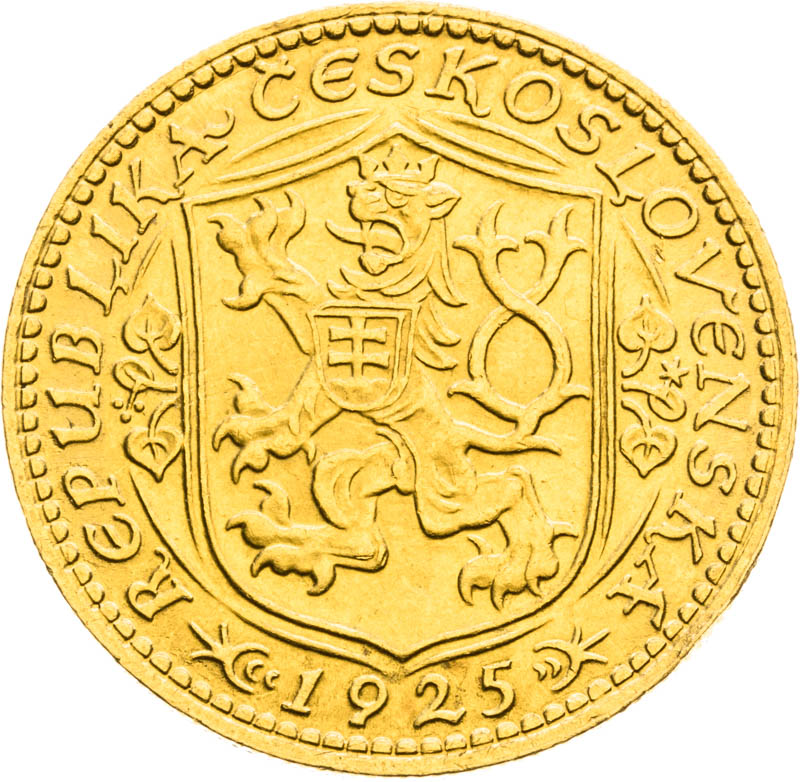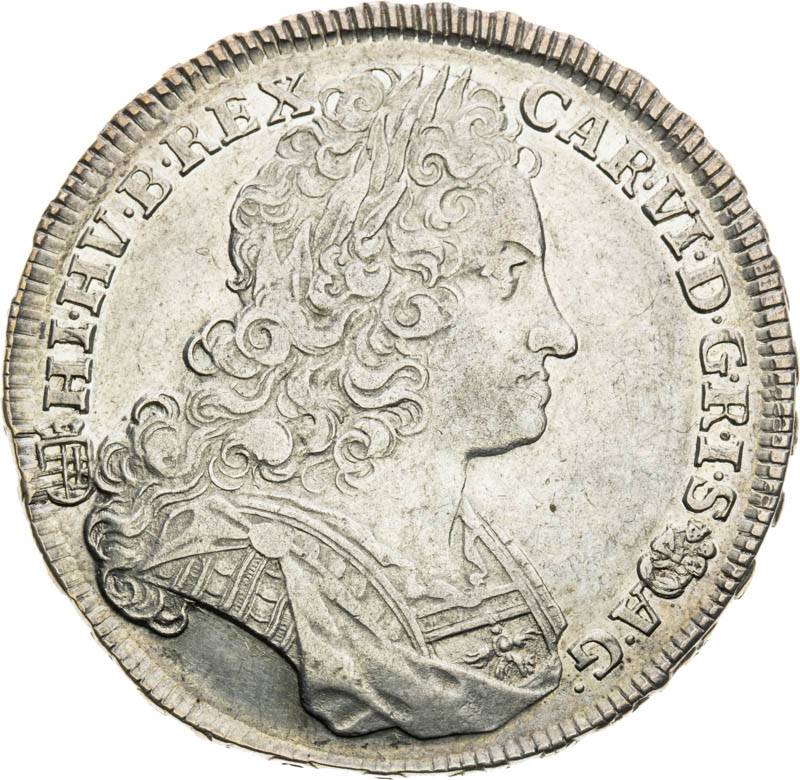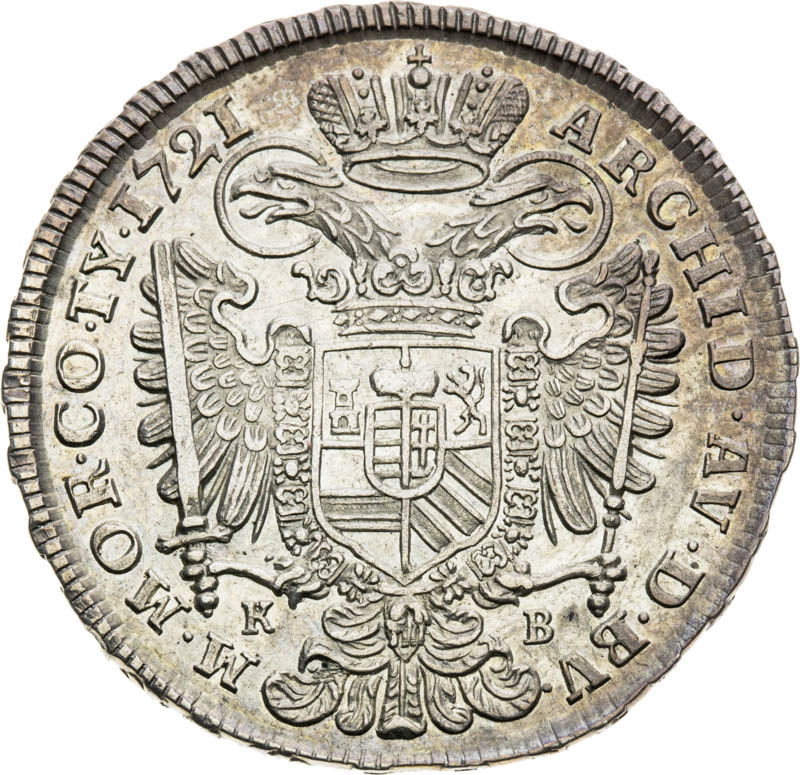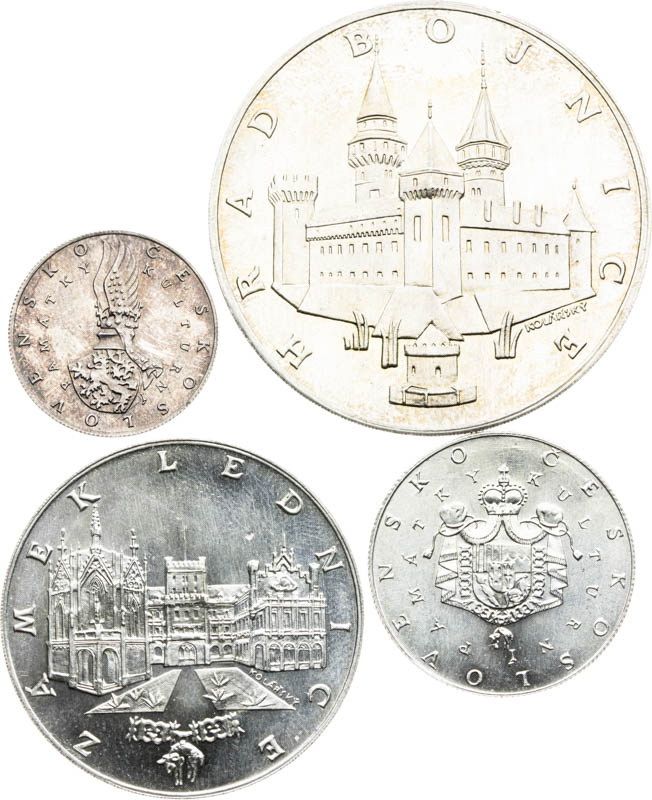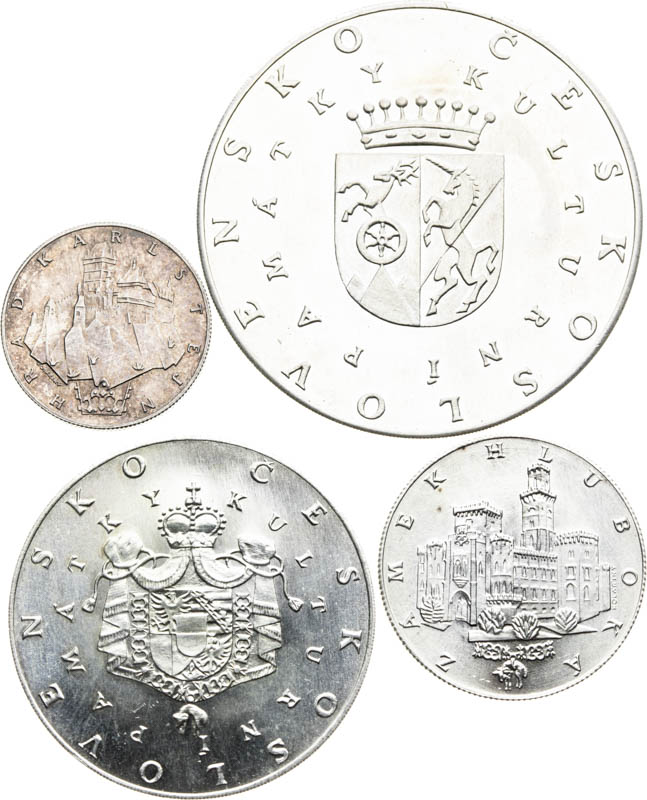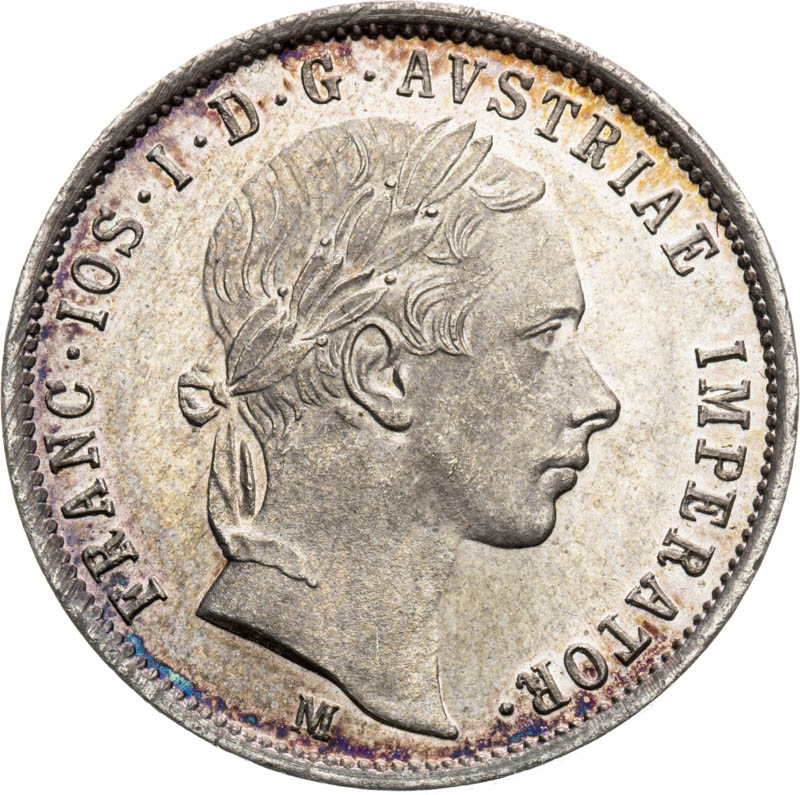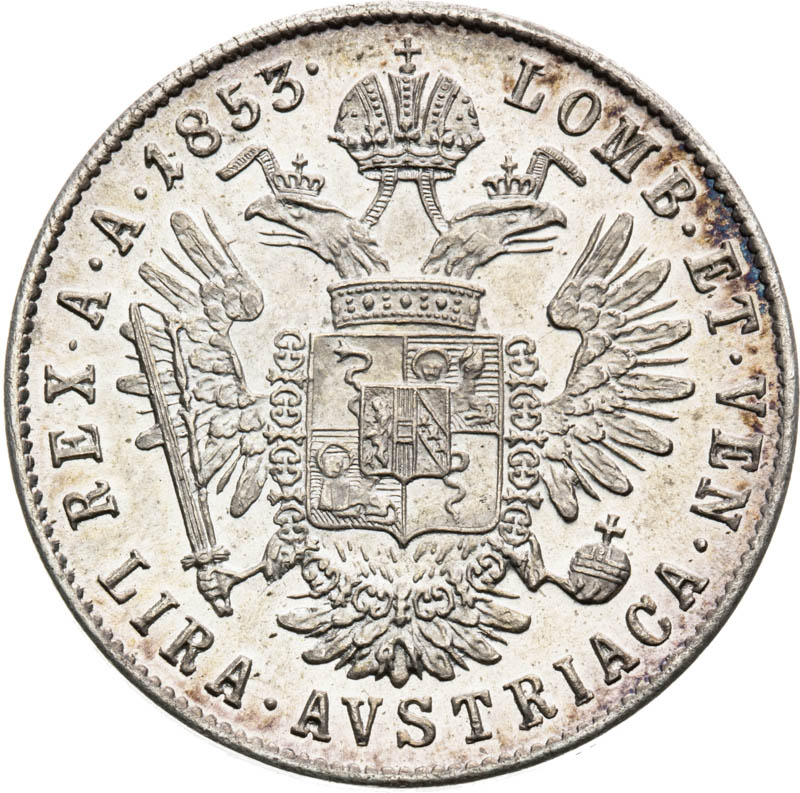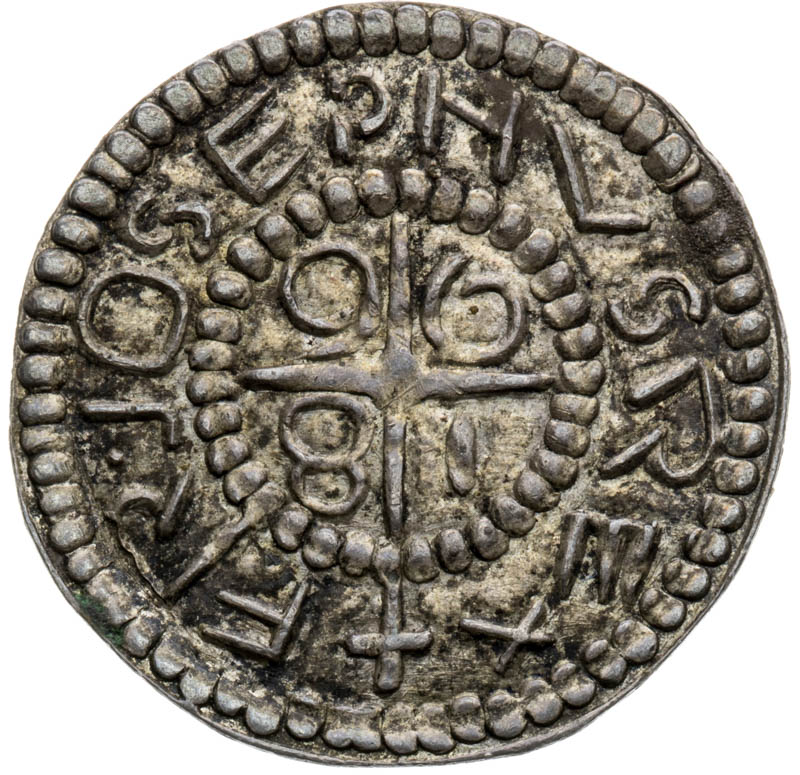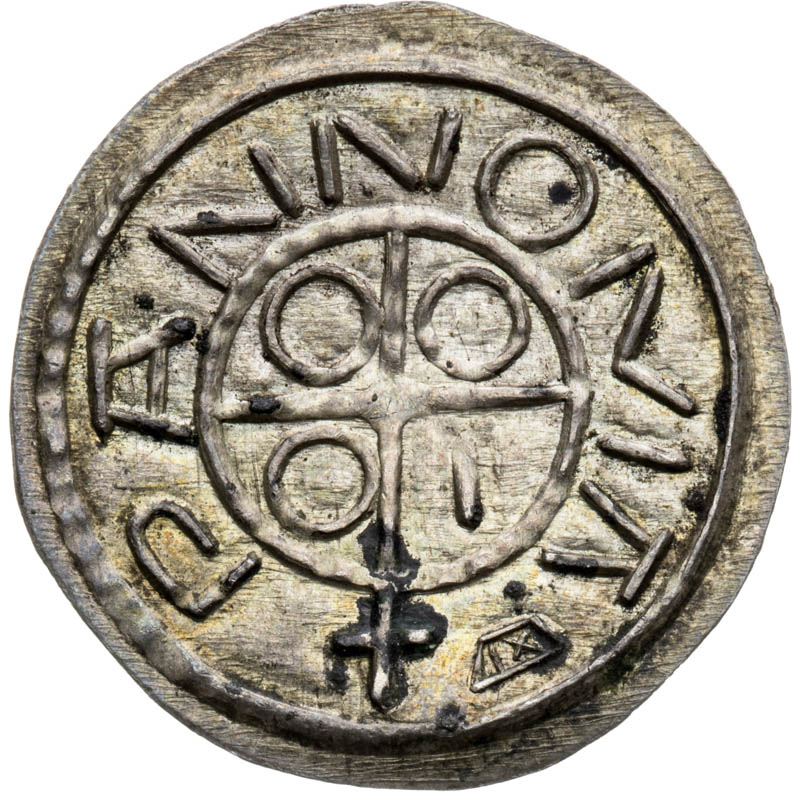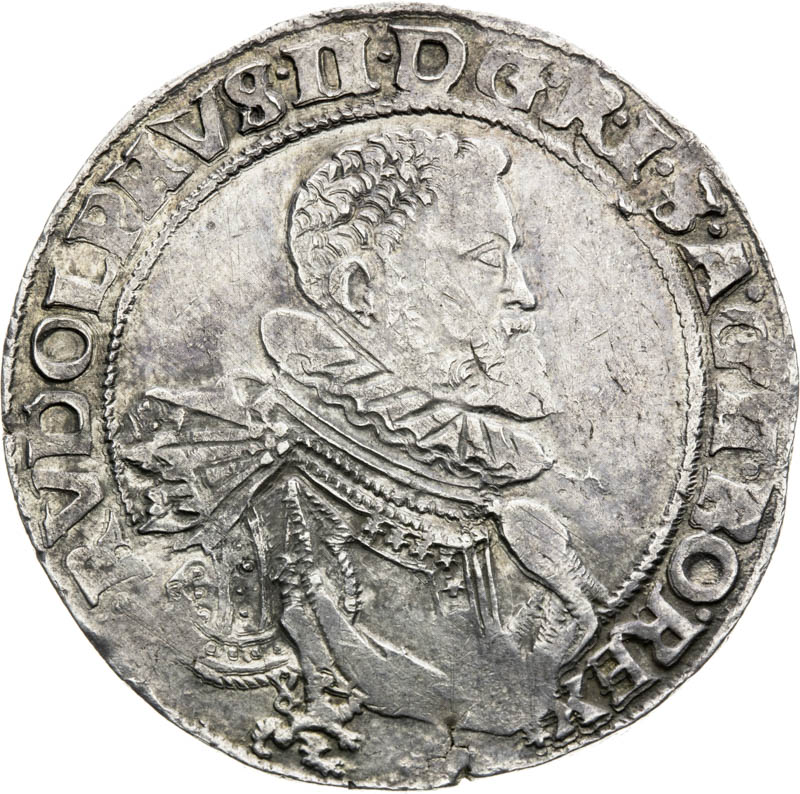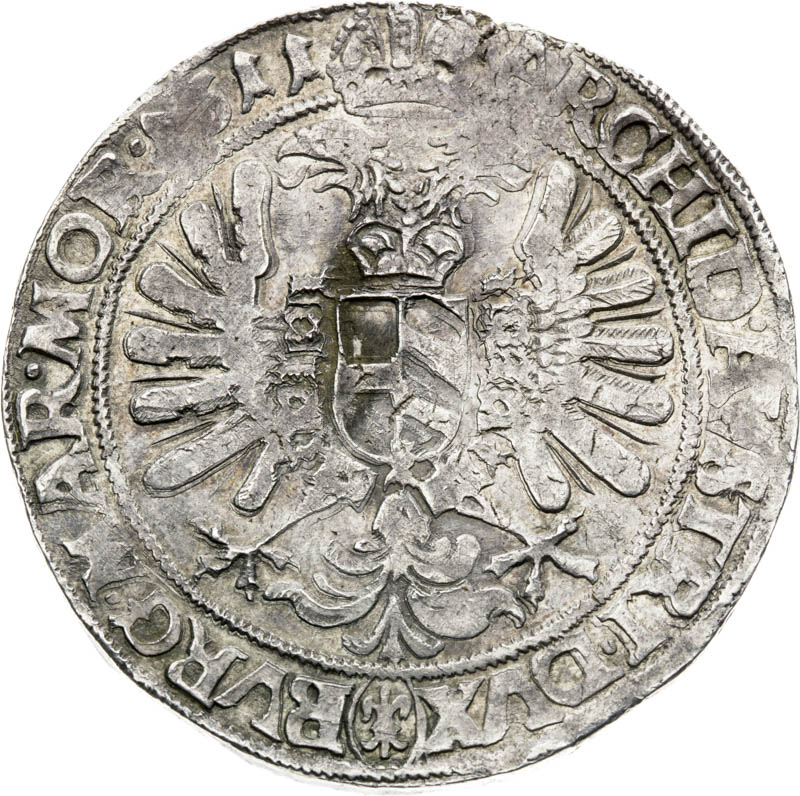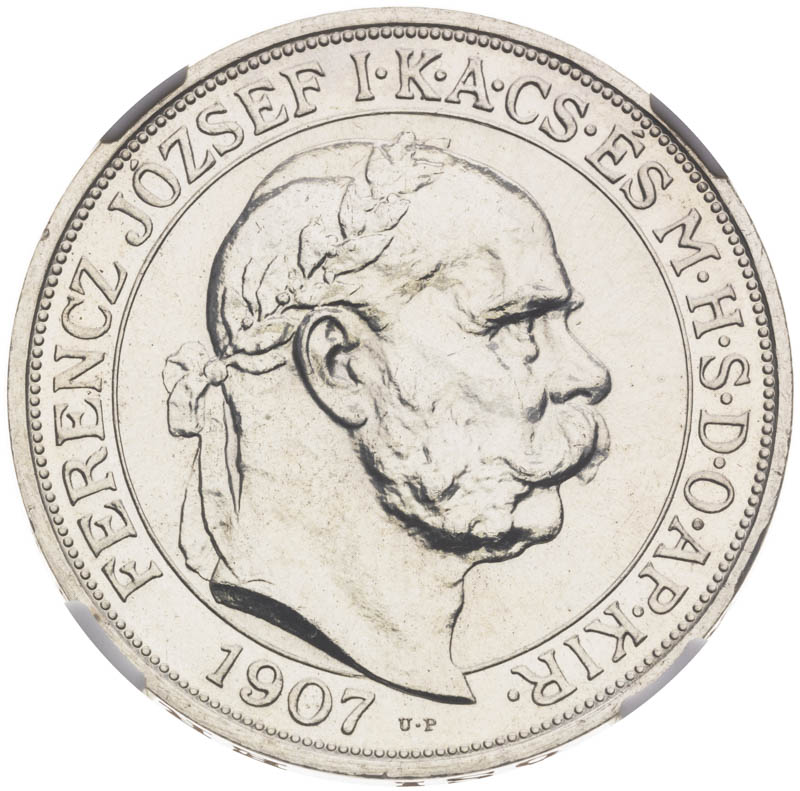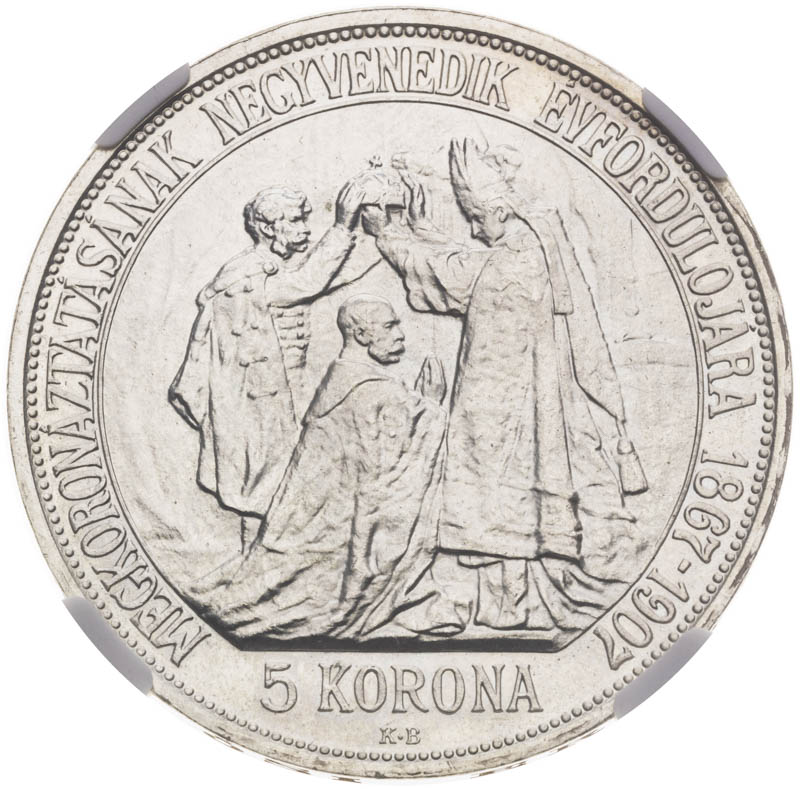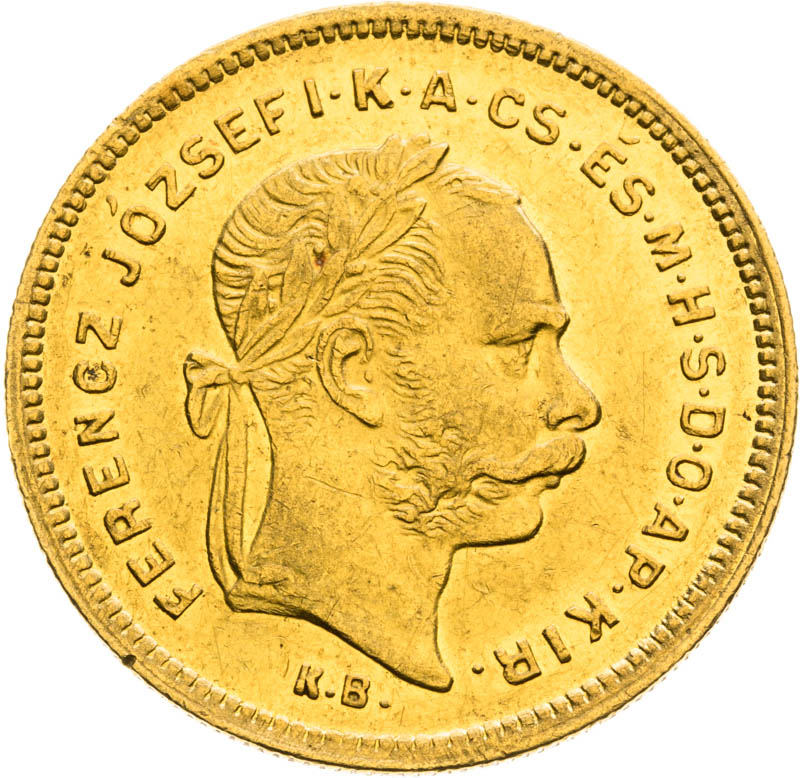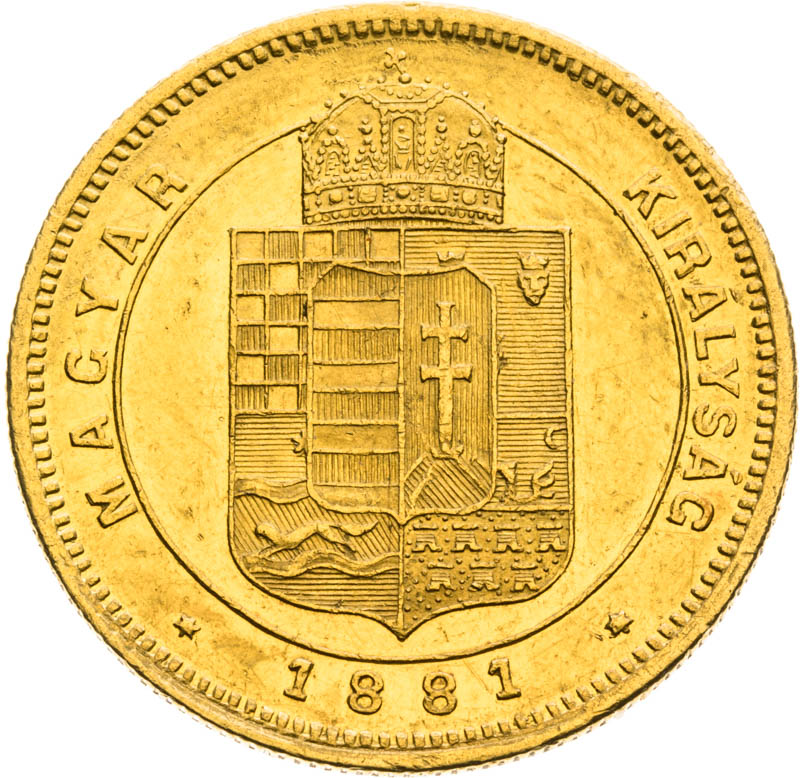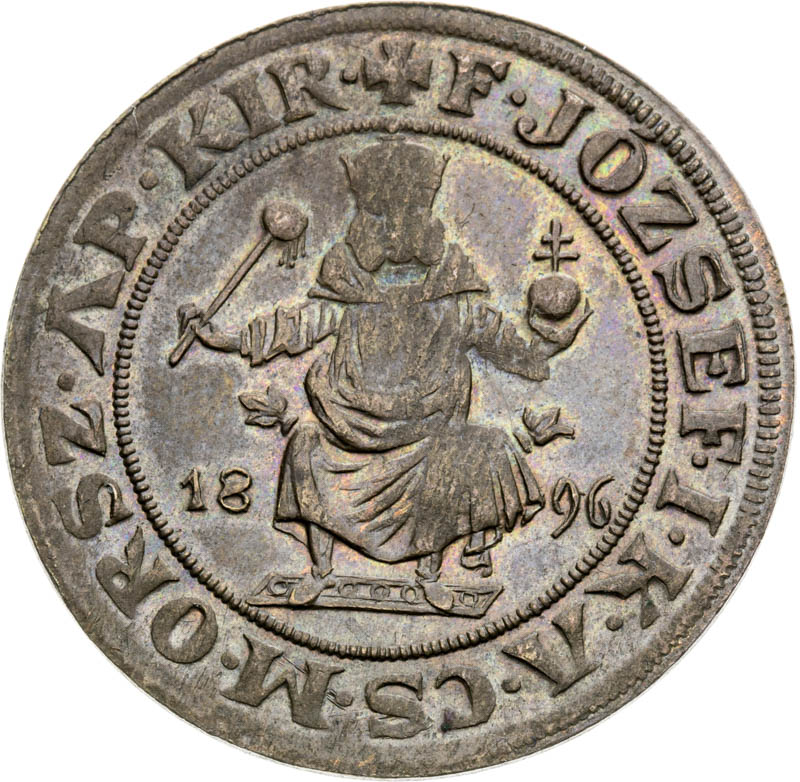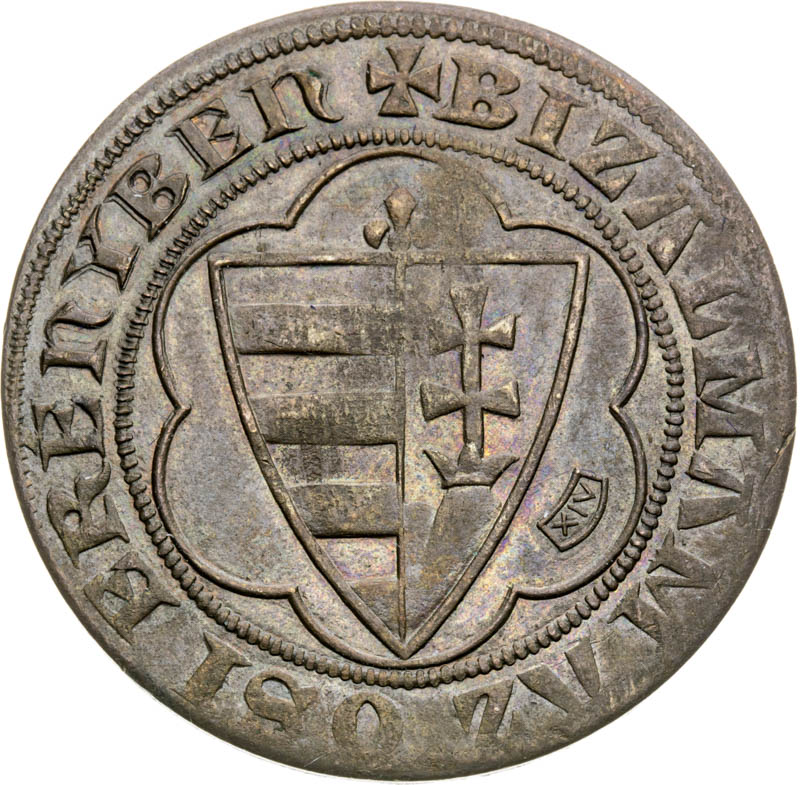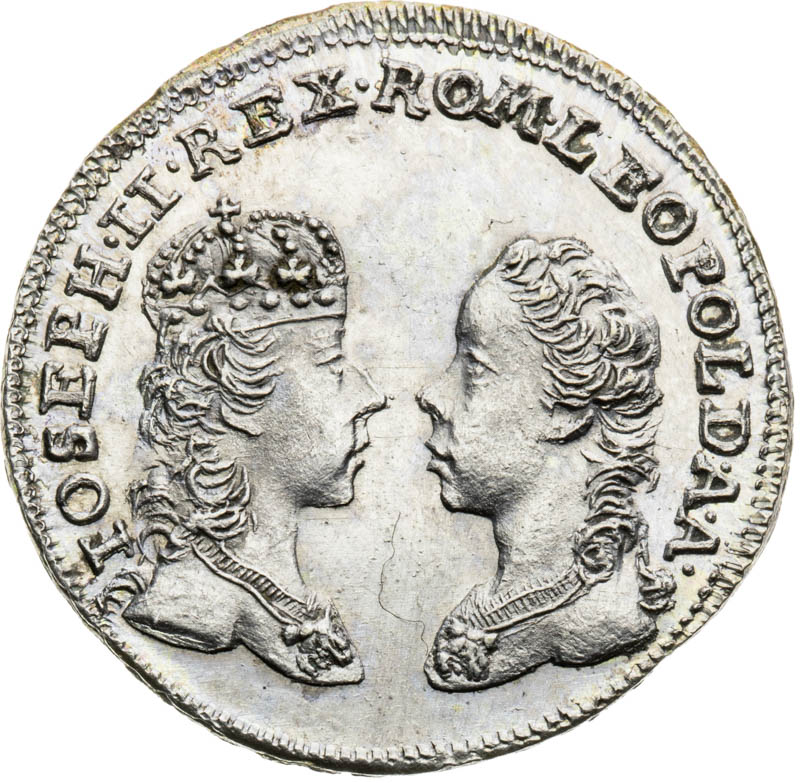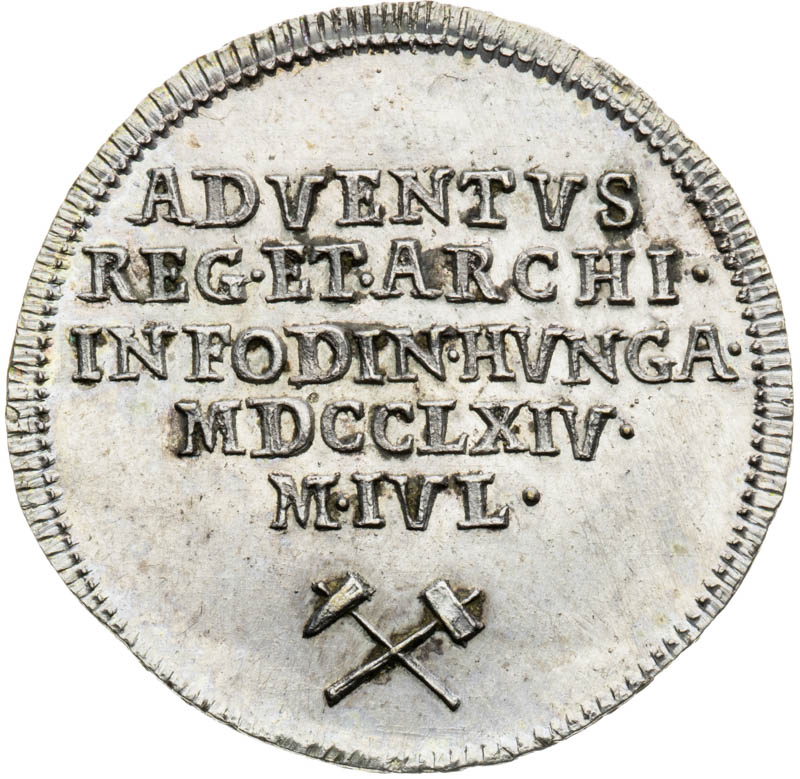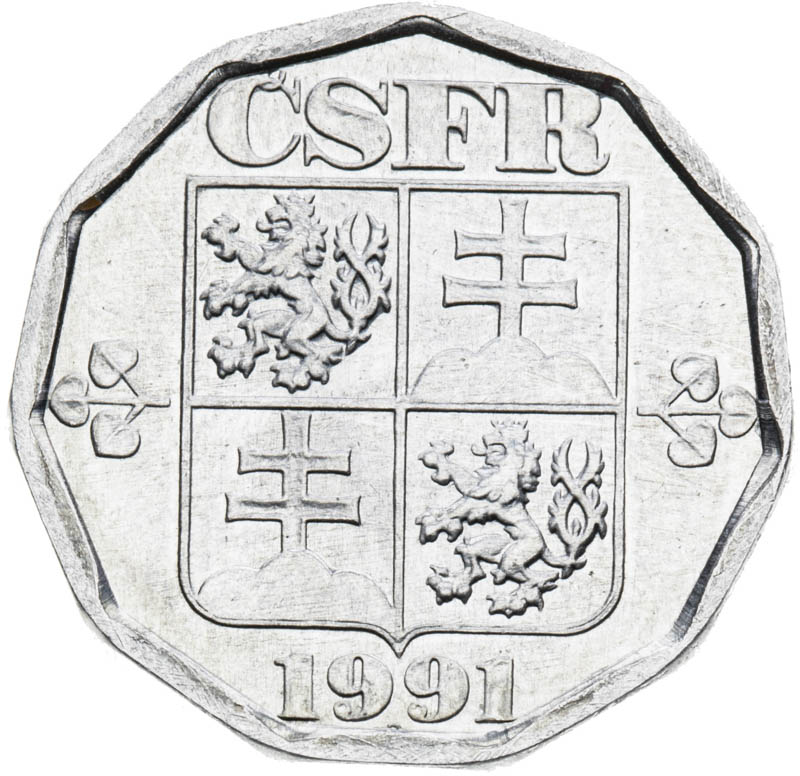
Czechoslovakia (1989-1992)
20 Heller 1991 (Pattern strike)
Starting price
800 €
Nominal
Lot number
371
Mint
Kremnitz
Category
Coins and medals
Subcategory
Period after 1918
Classification
Czechoslovakia (1989-1992)
Auction number
28
Weight
0.95 g
Diameter
18,8-19 mm
Rarity
R
Edge
Hladká hrana
Condition obverse
UNC
Condition reverse
UNC
Metal
Al
Author
Fr. David
Referencies
MCH -, Chlapovič -, Havel -
Note
Internal pattern strike of the Kremnica Mint done within the testing of the minting of multi-sided coins. On 28 May 1991, preparations for the issue of a new series of Czechoslovak base metal coins began. The lower denominations were to be of non-magnetic metal. The most natural choice was aluminium, where the production costs of 20 Heller and 50 Heller coins did not exceed the nominal ones. Another rule under consideration, which the SBCS wanted to apply, was that the values with a 2 in them would be square around the perimeter. For the 20 Heller, an 11-gon was chosen. The Mint was tasked with trying and mastering the minting process, both with modern materials already in use abroad, but also the production of the multi-sided coins. On 22 November 1991, the State Mint in Kremnica submitted their final opinion to the SBCS, from which the following is quoted for the 20 Heller: "After conducting the tests, the State Mint states that from the point of view of minting it is able to ensure all the requirements of the SBČS" .... "For 20 h, we suggest a minimum side count of 11, or a false (inner) hexagon while maintaining a round coin." On 29 November 1991, the SBCS decided to proceed with a round planchet with a false polygon (7-sided) for the 20h. This intention was also anchored in the final design of the set, which was ultimately not implemented due to the division of the federal republic into two separate states.


